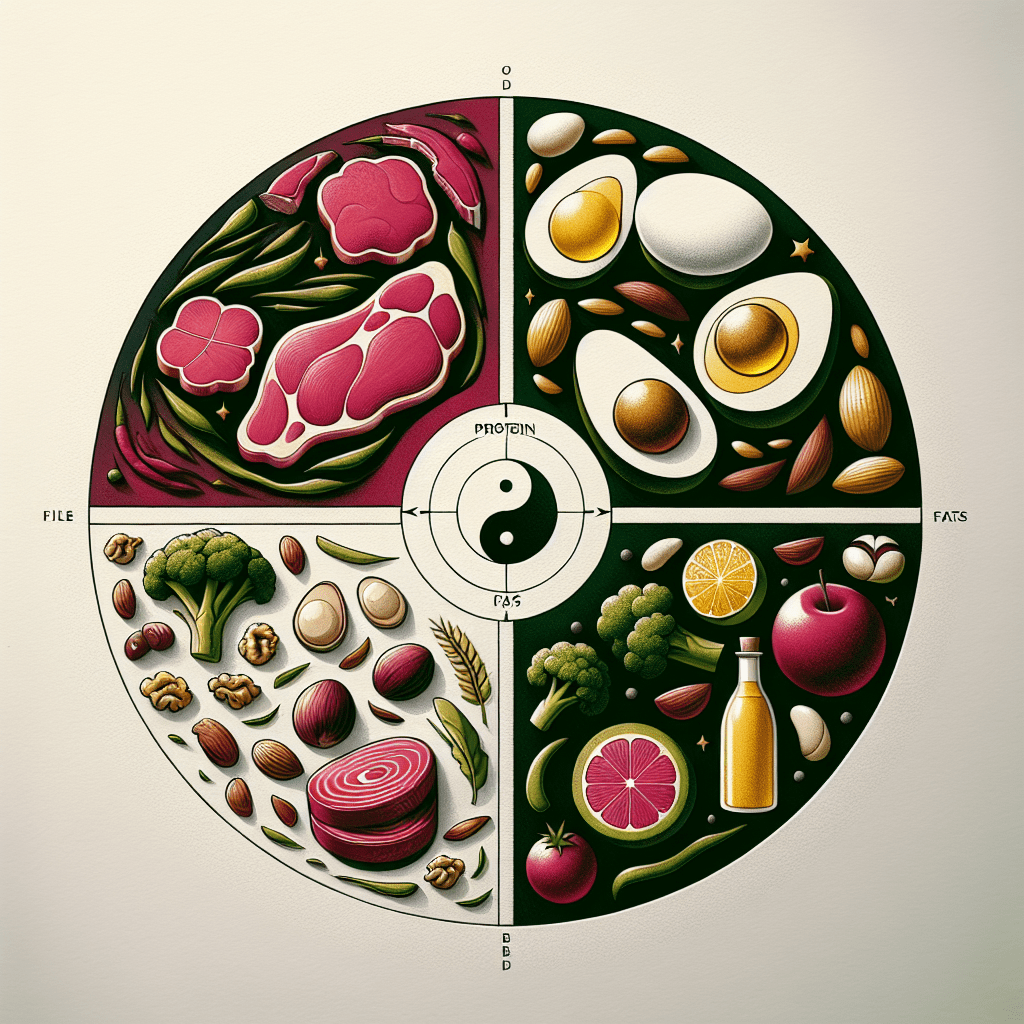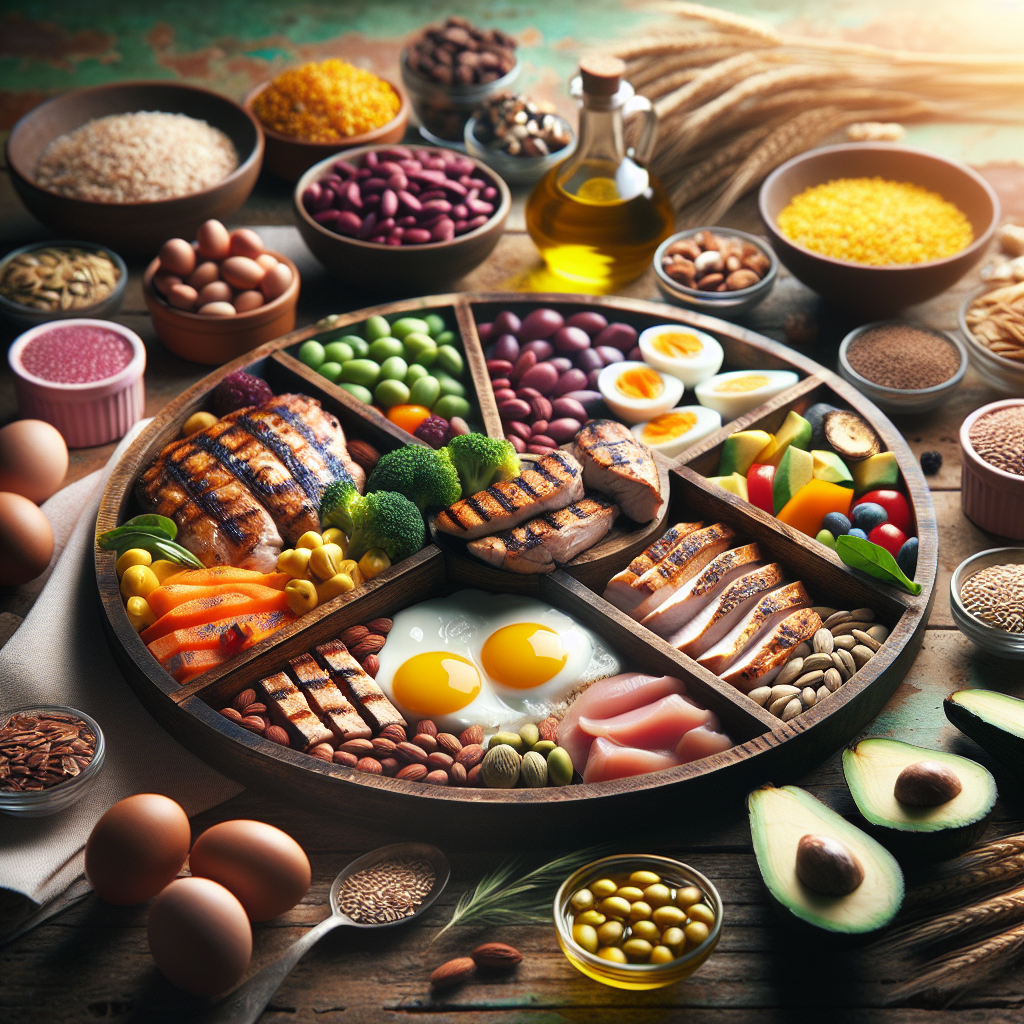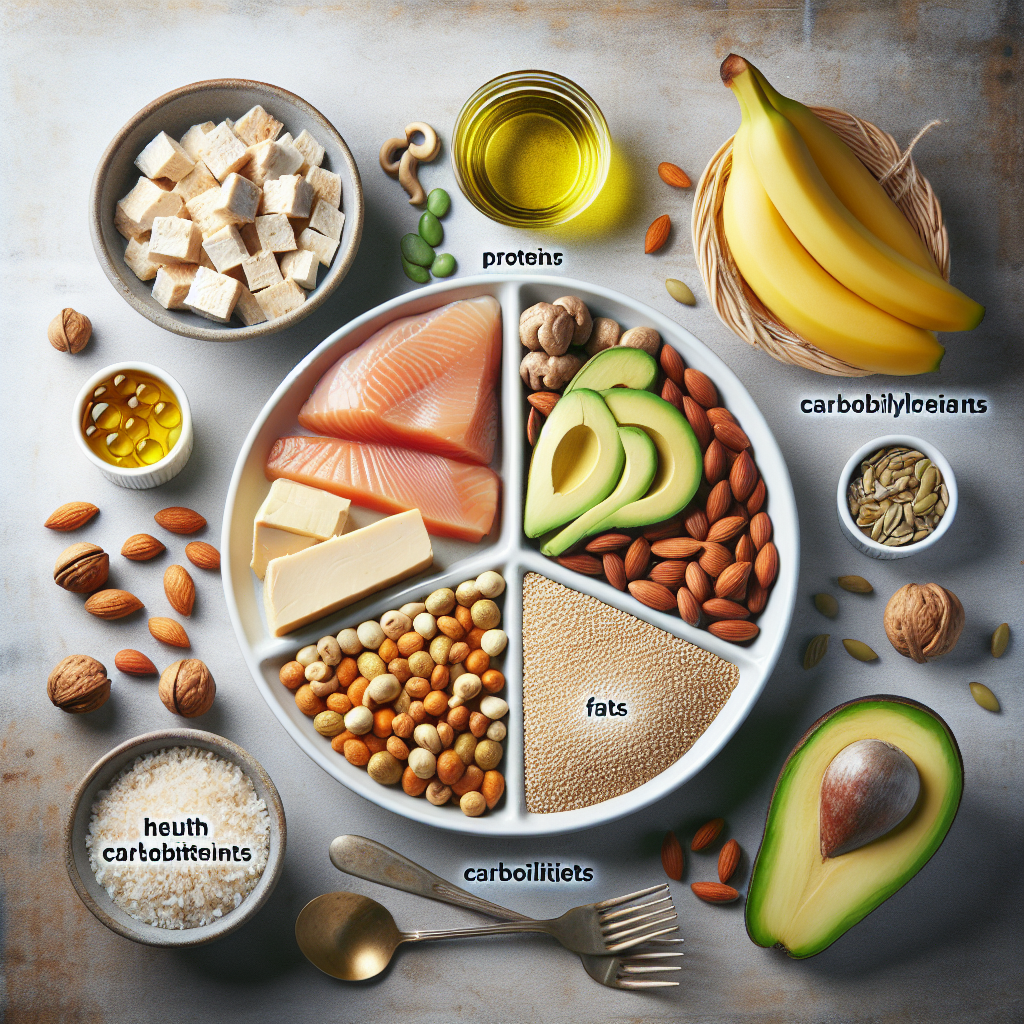Let’s be honest—finding the perfect diet is like trying to solve a Rubik’s Cube while blindfolded. Just when you think you’ve got it figured out, along comes another expert telling you that everything you’re eating is wrong. Keto? Paleo? Mediterranean? Intermittent fasting? The options are endless, and somehow, they all claim to be “the one.”
But here’s the thing: traditional one-size-fits-all diets often fall flatter than a soufflé in an earthquake. Why? Because you’re not one-size-fits-all! Your body, metabolism, genetics, lifestyle, and that weird craving you get for pickles at midnight are uniquely yours. That’s where the magic of AI meal planners comes in—technology that might just know you better than you know yourself. It’s like having a nutritionist, mind reader, and fortune teller all rolled into one sleek app.
When Algorithms Meet Appetites
Gone are the days when meal planning meant flipping through dog-eared cookbooks or scrolling endlessly through Pinterest. AI is revolutionizing personalized nutrition in ways that would have seemed like science fiction just a decade ago. These sophisticated AI meal planner systems are like dietary detectives, collecting and analyzing data about you to craft tailor-made meal plans that actually work.
The real genius lies in how these systems learn. They don’t just ask you to check boxes about what foods you like—they dive deep into your genetic makeup, analyze your metabolic rate, study your exercise patterns, and even take into account that you absolutely cannot stand the texture of mushrooms no matter how many times people tell you they’re delicious.
“Modern AI meal planners can process thousands of data points about an individual to create truly personalized nutrition plans,” explains nutritional technology expert Dr. Sarah Chen. “They’re constantly learning and adapting based on your feedback and results.”
Imagine an AI that calculates your BMR, BMI, body fat percentage, target calories, protein requirements, and vitamin needs, then outputs a fully personalized meal plan with a grocery list to match. That’s not just convenience—it’s nutritional wizardry.
Your AI Meal Planner: The Mind-Reading Food Whisperer
Picture this: It’s Wednesday afternoon, you’re stressed about a work deadline, and you haven’t even thought about dinner. Normally, this would be prime territory for ordering takeout. But your AI meal planner has already predicted this scenario. It sends you a notification: “Looks like a stressful day. Here’s a quick anti-anxiety dinner that uses ingredients already in your fridge. It’ll be ready in 15 minutes.”
Spooky? Maybe a little. Incredibly helpful? Absolutely.
The key features of today’s AI meal planners are practically supernatural:
Genetic Analysis That Would Make Ancestry.com Jealous
Some advanced AI meal planners can analyze your genetic predispositions to certain foods and nutrients. Have a gene that makes you process caffeine slowly? Your AI won’t suggest that espresso-infused chocolate cake after dinner. Genetically predisposed to lactose intolerance? It’ll suggest plant-based alternatives before you even experience your first uncomfortable rumble.
“It’s like having a nutritionist who can see your DNA and plan accordingly,” jokes nutritionist Maya Patel. “Except this one doesn’t judge you when you confess to eating ice cream for breakfast.”
Mood and Craving Prediction
The most sophisticated AI meal planners don’t just plan what you should eat—they predict what you’ll want to eat. By tracking patterns in your food choices, sleep quality, stress levels, and even the weather, these systems can anticipate cravings before they hit.
“Monday afternoon chocolate cravings? Your AI noticed you tend to reach for sweets after stressful meetings, so it’s already suggested a cacao-rich smoothie that satisfies the craving while keeping you on track,” explains food psychologist Dr. James Wilson.
Real-Time Adaptability
Unlike that rigid diet plan you printed out and stuck to your fridge (where it’s been gathering dust for months), AI meal planners adapt in real-time. Did you skip breakfast? Your lunch and dinner recommendations will adjust automatically. Burned an extra 500 calories on an unexpected hike? Your AI will suggest a more substantial recovery meal.
This isn’t just convenient—it’s revolutionary for maintaining consistent nutrition. No more diet derailments because life happened and your meal plan couldn’t keep up.
Benefits That Make Even Skeptics Say “Okay, I’m Listening”
If you’re thinking this all sounds too good to be true, let me share some tangible benefits that AI meal planners are delivering right now:
Farewell to Food Waste
Americans waste approximately 30-40% of their food supply, according to the USDA. That’s not just bad for your wallet—it’s an environmental disaster. AI meal planners calculate exactly what you need, suggest creative ways to use leftovers, and help you manage inventory like a Michelin-star restaurant.
“My AI meal planner helped me reduce my food waste by 70%,” shares Alex, a software engineer from Portland. “It even noticed I always forget about spinach until it turns into that weird slimy stuff in the back of my fridge, so now it reminds me to use it within two days of purchase.”
Health Outcomes That Actually Happen
We’ve all been there—starting a diet with enthusiasm only to abandon it by day three because it’s too restrictive or complicated. AI meal planners create sustainable plans based on foods you actually enjoy eating. The result? People stick with them.
A 2022 study found that participants using AI-based meal planning were 42% more likely to maintain their nutritional goals after six months compared to those using traditional methods. That’s not just impressive—it’s life-changing.
Time Saved, Sanity Preserved
The average person spends about 32 minutes per day deciding what to eat. That’s over 8 days per year just staring blankly into your refrigerator! AI meal planners eliminate decision fatigue and save precious mental energy for more important things—like deciding which show to binge-watch next.
“Before my AI meal planner, I’d spend Sunday afternoons stressed about the week’s meals,” admits Jamie, a teacher and parent of three. “Now I spend that time with my kids while my digital food guru handles the planning.”
Eastern Wisdom Meets Silicon Valley: The HerbalsZen Approach
While most AI meal planners focus exclusively on Western nutritional science, there’s a fascinating evolution happening at the intersection of ancient wisdom and cutting-edge technology. This is where HerbalsZen’s EASTCHI AI is changing the game.
EASTCHI AI doesn’t just look at calories and macronutrients—it incorporates 2,000 years of Eastern medical wisdom into its algorithms. It’s like having a wise Chinese medicine practitioner who also happens to be a tech genius.
“Eastern nutrition has always recognized that food is medicine,” explains Dr. Lin, an advisor for HerbalsZen. “Different foods have heating or cooling properties, can strengthen specific organs, and should change with the seasons. EASTCHI AI is the first system to successfully digitize this knowledge.”
The platform analyzes your constitutional type according to the Five Element Theory, determining whether you tend toward patterns that might be described as “Wood,” “Fire,” “Earth,” “Metal,” or “Water” in traditional Eastern medicine. This isn’t mystical mumbo-jumbo—it’s a sophisticated way of categorizing metabolic tendencies that predates Western medicine by millennia.
For example, if EASTCHI AI identifies you as having a “Fire” constitution with a tendency toward inflammation, it might suggest cooling foods like cucumber, watermelon, and mint during summer months, while recommending warming ginger and cinnamon during winter—all while balancing your modern nutritional needs.
“It’s like having a wise, ancient sage as your personal nutritionist, but one who also understands your busy modern lifestyle and protein requirements for your CrossFit routine,” laughs wellness coach Sophia Chen.
The system also adapts recommendations based on seasonal changes—something most Western nutrition apps completely ignore. In traditional Eastern wisdom, eating locally and seasonally isn’t just environmentally friendly—it’s essential for health.
The Future Is Personalized (And Delicious)
As AI meal planners continue to evolve, we’re entering an era where nutrition can be truly personalized at scale. The integration of Eastern wisdom with Western science, traditional knowledge with modern technology, is creating something greater than the sum of its parts.
Imagine a future where your AI meal planner:
- Communicates with your smart refrigerator to inventory ingredients
- Analyzes your microbiome through bathroom sensors to adjust recommendations in real-time
- Considers your emotional state through wearable technology to suggest mood-balancing foods
- Accounts for seasonal changes in both produce availability and your body’s needs
- Adapts to your location, suggesting cooling foods when you’re traveling in tropical climates
This isn’t science fiction—it’s the near future of nutrition technology. And platforms like EASTCHI AI are leading the charge by recognizing that true health comes from honoring both ancient wisdom and modern science.
“The most exciting developments aren’t just about more data—they’re about more wisdom,” notes futurist and food technologist Dr. Amanda Rodriguez. “AI that can integrate diverse knowledge systems will revolutionize how we approach nutrition.”
For those of us who have spent years bouncing between diets that work for everyone else but somehow not for us, this evolution offers hope. Perhaps the perfect diet doesn’t exist—but the perfect diet for you, updating in real-time as your needs change, is becoming a reality.
As we move forward, embracing the fusion of Eastern nutritional wisdom and Western technological innovation may be the key to finally ending the diet confusion that has plagued us for decades. Your AI meal planner might indeed know you better than you know yourself—and that could be the best news your health has ever received.
So the next time you find yourself staring blankly into your refrigerator, remember that there’s now technology that can not only tell you what to eat, but why it’s right for your unique body, in this specific season, at this particular moment in your life. The future of nutrition isn’t just personalized—it’s practically prescient.
And that’s something both ancient healers and modern technologists can agree is pretty amazing.



